Cats, with their mysterious demeanor and captivating eyes, are often seen as independent creatures. However, just like humans, they can experience a range of emotions, including jealousy. When a new person or pet enters their domain, cats may display certain behaviors indicating their feelings. Understanding these reactions can help cat owners ensure a harmonious household. Let’s dive into the fascinating world of feline jealousy and uncover the subtle signs your cat might be feeling left out.
Changes in Behavior
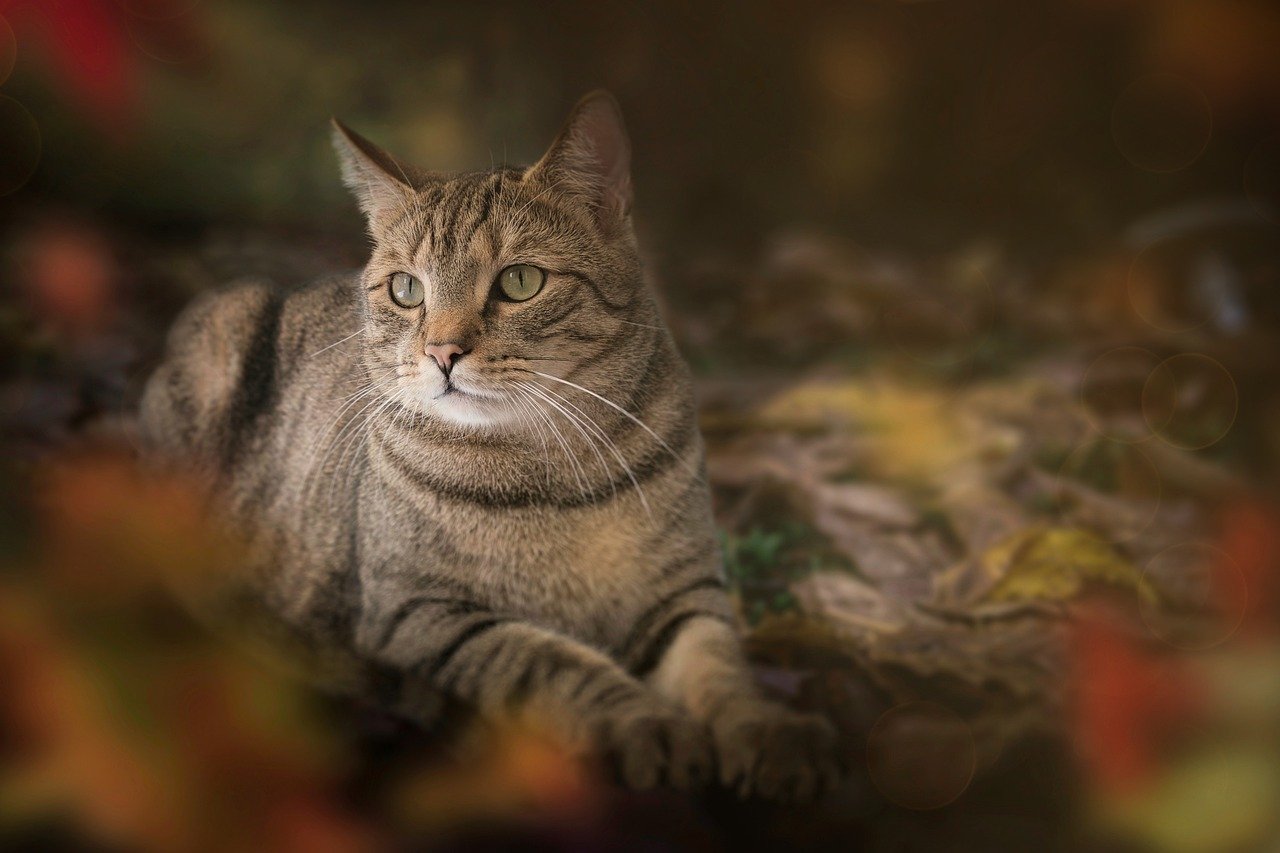
When a cat feels envious, one of the first things owners might notice is a change in their behavior. Cats, known for their routine-loving nature, might start acting out of character. A usually calm cat may become restless or aggressive. Think of it like when a child doesn’t get enough attention and starts throwing tantrums. They might begin knocking things off counters or scratching furniture more than usual. This is their way of saying, “Hey, remember me?” Monitoring these behavioral shifts can help in addressing their needs for attention.
Excessive Vocalization

Cats have a wide range of vocalizations, each with its own meaning. When jealousy strikes, they might become more vocal than usual. This could manifest as persistent meowing, yowling, or even growling. It’s similar to a friend who suddenly starts talking more loudly to get noticed in a group conversation. It’s important to listen and try to understand what they’re attempting to communicate. Are they trying to reclaim their territory, or are they simply seeking reassurance from their human?
Increased Affection
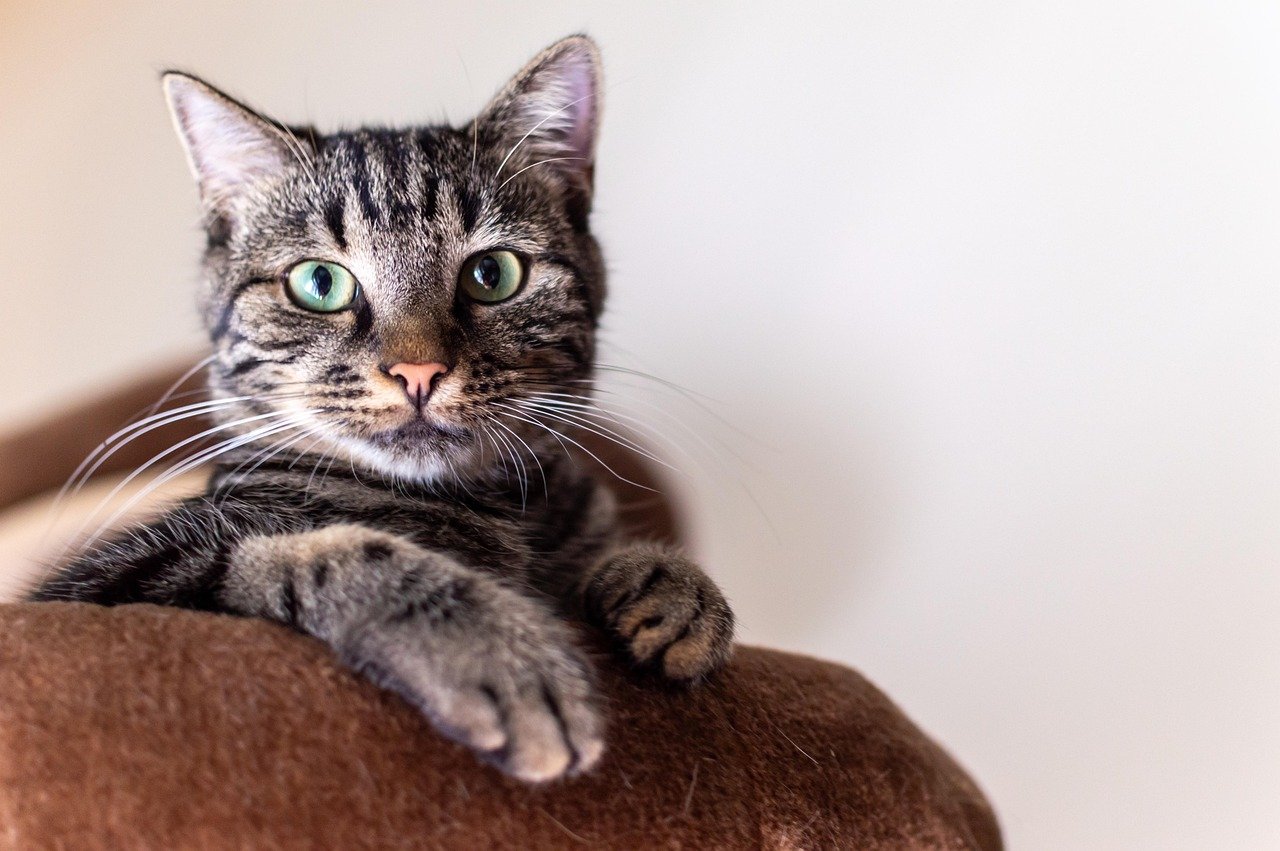
On the flip side, some cats react to jealousy by becoming extra clingy. Imagine a partner who suddenly showers you with affection when they feel a threat to the relationship. Cats might start following you around the house, purring more often, or demanding to sit on your lap. This behavior is their way of reinforcing their bond with you, ensuring they remain a priority in your life. It’s essential to reciprocate this affection, ensuring they feel secure and loved.
Defensive Aggression
In some cases, a jealous cat might display defensive aggression. This can be directed towards the newcomer or even the owner. Cats may hiss, swat, or even bite when they feel threatened. It’s akin to a person putting up walls to protect their emotions. This aggression is usually a sign of insecurity, and it’s crucial to address it with patience. Providing a safe space for your cat and slowly introducing the new individual can help reduce this defensive stance.
Marking Territory
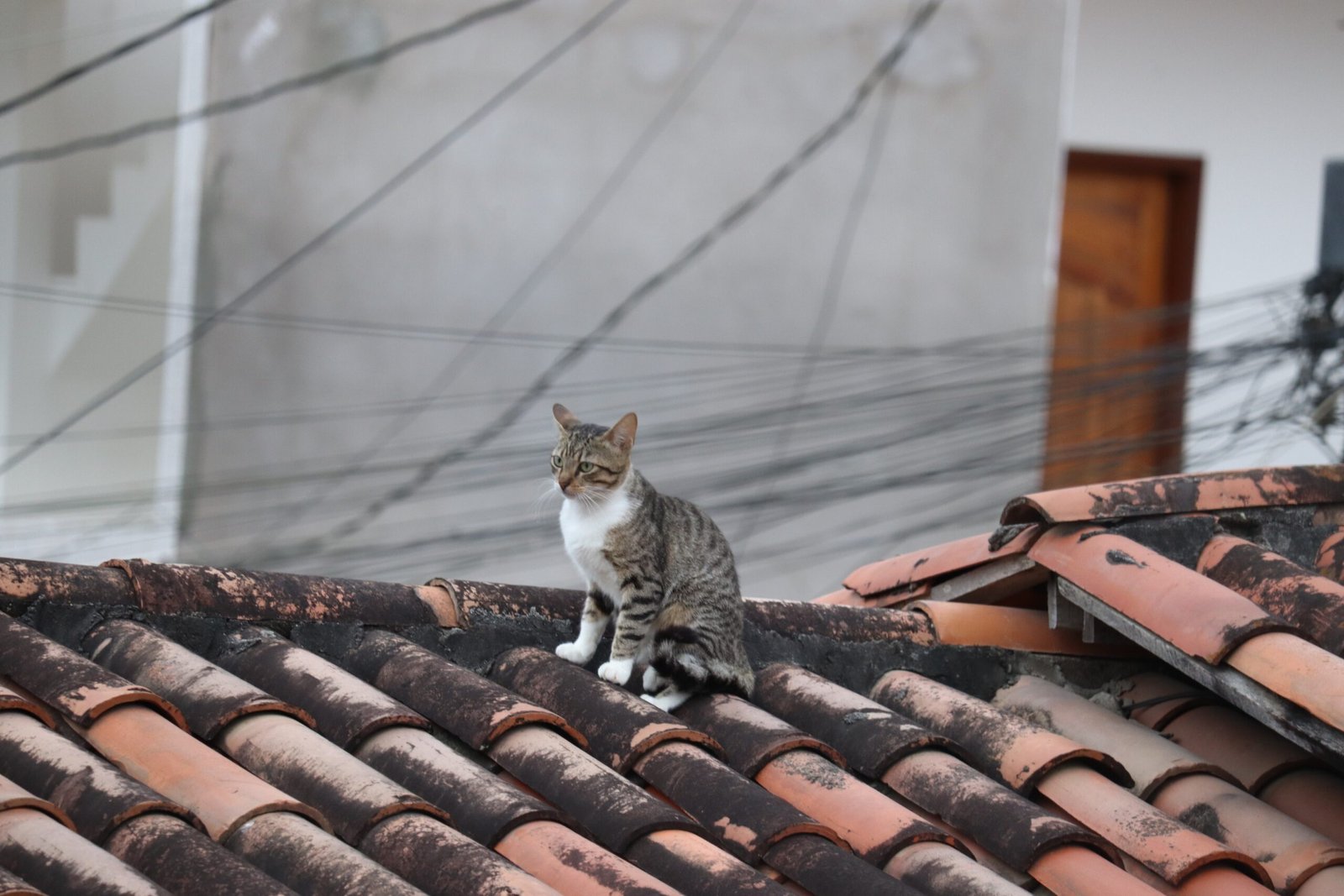
Cats are territorial creatures, and when they feel their space is invaded, they might start marking their territory more prominently. This isn’t just limited to scratching or rubbing their scent glands on furniture. Some cats might even resort to spraying, leaving a distinct smell as a boundary marker. Imagine a homeowner putting up a “No Trespassing” sign in their yard. It’s a clear message that the space belongs to them. Owners can help by ensuring their cat’s favorite spots remain undisturbed.
Loss of Appetite
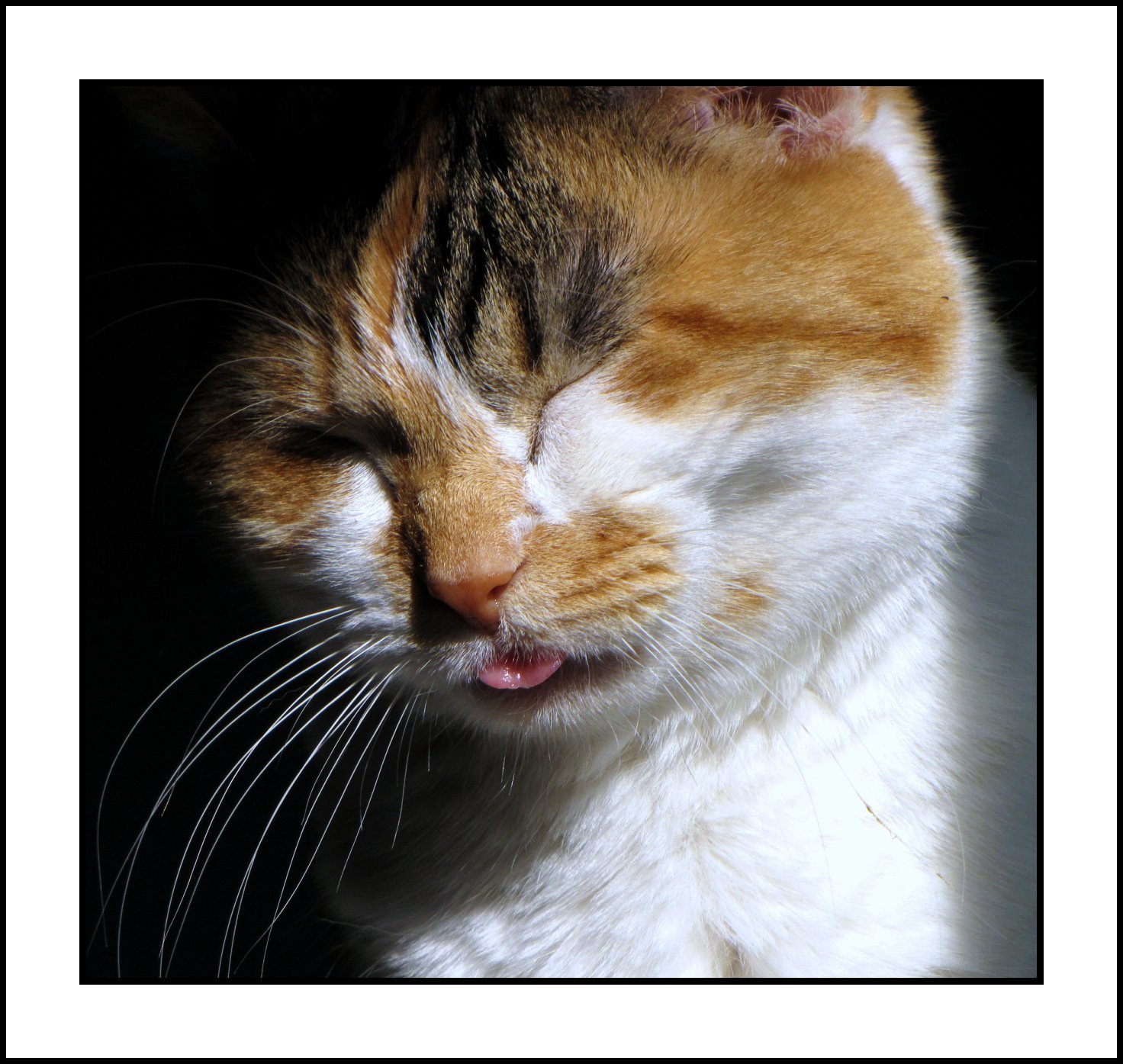
A sudden disinterest in food can be a clear sign of distress or jealousy in cats. Picture a person losing their appetite during times of emotional turmoil. If a cat begins to skip meals or eat less than usual, it could indicate they’re feeling sidelined. While it’s essential to monitor their health, understanding the root cause is equally important. Once the jealousy is addressed, their appetite often returns to normal.
Isolation and Hiding
Some cats, when feeling envious, might choose to isolate themselves. They may retreat to their favorite hiding spots, seeking solace away from the perceived threat. It’s like a person needing alone time to process their emotions. While it’s essential to give them space, ensuring they feel safe and secure in their environment is crucial. Regularly checking on them and offering gentle reassurance can help coax them out of their shell.
Destructive Behavior
Destruction can be a sign of a cat acting out due to jealousy. This might involve shredding curtains, knocking over plants, or even chewing on items they usually ignore. Imagine a toddler breaking toys when they’re upset. It’s a cry for attention. Addressing this behavior involves a mix of understanding and redirection. Providing toys or activities to channel their energy can help reduce the destruction.
Over-Grooming
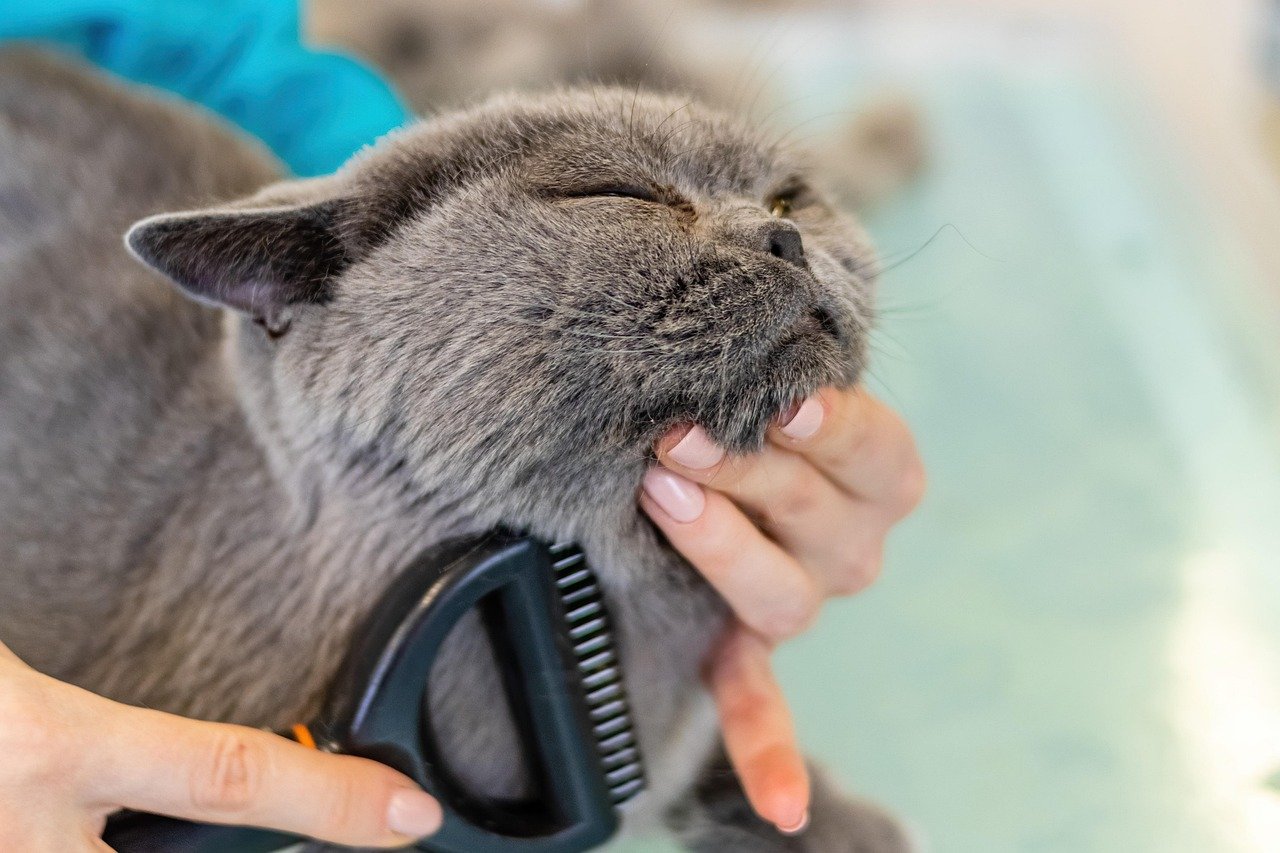
Cats are meticulous groomers, but when they feel stressed or jealous, they might over-groom. This can lead to bald patches or irritated skin. It’s similar to a person biting their nails when anxious. This behavior is often a self-soothing mechanism, and it’s essential to address the underlying cause. Offering comforting routines and ensuring they feel secure can help reduce over-grooming.
Changes in Litter Box Habits
A cat’s litter box habits can be telling of their emotional state. If a cat begins to avoid the litter box or has accidents around the house, it might be a sign of jealousy. Think of it as their way of expressing displeasure or discomfort. It’s essential to rule out any medical issues first, but if jealousy is the culprit, ensuring they feel prioritized can help restore their usual habits.
In understanding these reactions, cat owners can better address the emotional needs of their feline friends. Recognizing the signs of jealousy and taking steps to reassure and comfort your cat can lead to a more harmonious household. As we navigate the complexities of our pet’s emotions, patience and love remain our most powerful tools.
Hi, I’m Bola, a passionate writer and creative strategist with a knack for crafting compelling content that educates, inspires, and connects. Over the years, I’ve honed my skills across various writing fields, including content creation, copywriting, online course development, and video scriptwriting.
When I’m not at my desk, you’ll find me exploring new ideas, reading books, or brainstorming creative ways to solve challenges. I believe that words have the power to transform, and I’m here to help you leverage that power for success.
Thanks for stopping by, Keep coming to this website to checkout new articles form me. You’d always love it!






